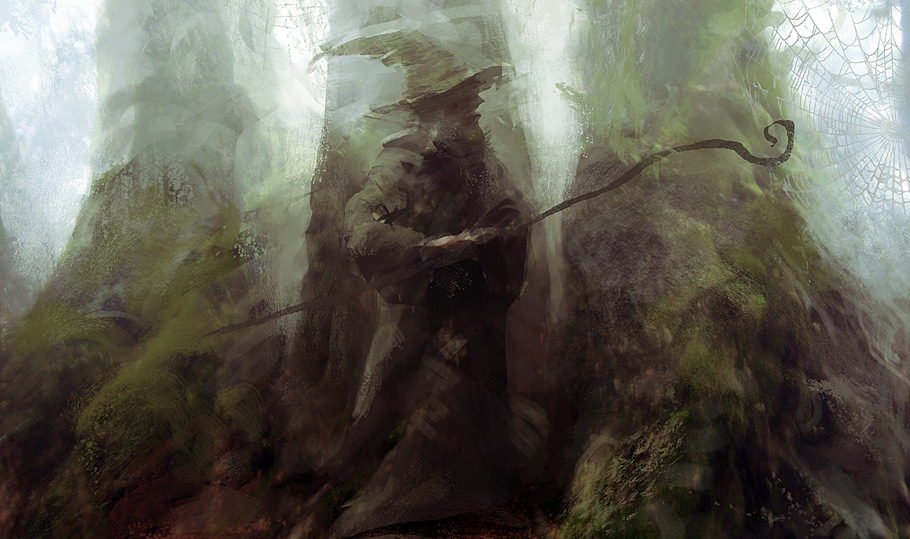On September 12, 2013, I declared in front of God and Facebook that by that time next year, I was going to be a published author. Ten months later, I made my first short story sale (at pro rates), and since then I’ve made eight more, all but one to pro markets. There are a number of factors to which I could attribute my rapid success—one being that I have been writing for decades, I simply had not been submitting to SFF markets, so my craft was fairly well honed by that point—but the most important, in my opinion, was that I received advice from more seasoned writers on how and where to submit. In fact, one reason I even decided to try my hand at becoming published was because the SFF community is so supportive of new authors, and I knew I had a network of people to show me the ropes. And show me they did.
Now, I am hardly seasoned (I just got here! is my constant refrain), but I want to be a knowledge conduit. In this post I will examine each one of my sales and provide statistics and numbers, dissecting the process to extract vital information that you can use in your own career. But more than that, I hope that my experience can be both inspiring and comforting: a bibliography does not tell you how many times a story was rejected, how long a story took to sell from its inception (either idea or first draft), how many submissions the writer made. If you are a new writer, if you are about to begin submitting to magazines, you should be aware of these things. I made my first submission in December 2013, but I did not begin submitting in earnest until March since, well, I didn’t have more things to submit! Since then, however, I’ve been submitting constantly. Come with me as I break down the mystery. Read More »
“Petite, her silver hair shining, Le Guin shrugged and grinned when Neil Gaiman placed the medal around her neck,” described The New Yorker of Ursula K. Le Guin when she accepted the Medal for Distinguished Contribution to American Letters presented by the National Book Awards on November 19, 2014. Le Guin might be petite in stature, perhaps, but her words in acceptance of the achievement were anything but small.
“Hard times are coming,” she said, her voice ringing out over an awed crowd. . “We’ll be wanting the voices of writers who can see alternatives to how we live now, can see through our fear-stricken society and its obsessive technologies to other ways of being, and even imagine real grounds for hope. We’ll need writers who can remember freedom – poets, visionaries – realists of a larger reality.”
Le Guin is a legendary figure in science fiction and fantasy, author of many classics, such as The Left Hand of Darkness and The Wizard of Earthsea, and a champion for literature’s place in the every changing landscape of modern society — a “realist of a larger reality” is there ever was one. Her acceptance speech rang through the SFF community and beyond, a tolling bell of optimism. Through her ongoing insistence to use fiction as a lens through which we examine ourselves, Le Guin, and writers like her — poets, visionaries, realists of a larger reality — has continued to challenge speculative fiction to be a catalyst for positive change, a limitless medium that can offer hope to a world that obsesses over hopelessness. Read More »

Ana Grilo and Thea James, of The Book Smugglers, are no strangers to the publishing industry and good story telling. Since they first started smuggling, way back in 2007, and reviewing in 2008, Grilo and James have nurtured one of the finest speculative fiction blogs and were awarded for their hard work this year with as Hugo Award finalists for “Best Fanzine”. Now, the talented duo are set to apply their passion and eye for fiction to a new venture: Book Smugglers Publishing. I caught up with Ana and Thea to chat about the new venture, the challenges they’ve faced along the way, and why the speculative fiction community should be so excited for this new short fiction market.
In 2014, Grilo and James co-edited Speculative Fiction 2013, the follow-up to the Hugo nominated and British Fantasy Award winning non-fiction collection, Speculative Fiction 2012, and the experience opened up a whole world of options for the Smugglers. “It just seemed like such a natural progression for us,” said Grilo. “Unlike many of our fellow bloggers, we have no interest in becoming writers, but we do love stories and the publishing world.
“We’ve been editing our own blog for seven years, and during that time we’ve had the opportunity to beta-read a lot of novels. After our experience editing Speculative Fiction 2013, we felt ready to take the plunge into publishing short fiction as we felt we could make a contribution to the SFF world–by publishing diverse, feminist fiction. True Fact: we had not talked about publishing anything until this one day when we were having a discussion about What Comes Next™ for The Book Smugglers, and we both at the same time said, ‘let’s do short stories.’ And then we did.” Read More »
In 2013, Jared Shurin and Justin Landon published Speculative Fiction 2012, the first volume of a new anthology series aimed at collecting the best speculative fiction essays, commentaries, and reviews from around the internet. I was pleased to contribute my own essay on George R.R. Martin’s A Dance with Dragons.
This year, the editorial reins were handed to the wonderful Ana Grilo and Thea James, otherwise known as The Book Smugglers, who today have revealed the cover for Speculative Fiction 2013 and the list of contributors for the latest volume.
Speculative Fiction 2013 collects over fifty truly awesome pieces from all corners of speculative fiction fandom,” they said. “From book criticism to incisive commentary on important issues like sexual harassment at conventions; from feminist themes in summer blockbusters to life-changing video games; from the merits of grittiness and the downfalls of grimdark.”
And what would an anthology be without a foreword from someone fancy and fun? James and Grilo rounded up Seanan McGuire, she of many, many Hugo nominations, to introduce the volume. “Seanan is the author of the Toby Daye urban fantasy series, and, under pseudonym Mira Grant, the Newsflesh trilogy and Parasite. She’s also a Hugo Award-winning podcaster, and a prolific blogger – making her the perfect person to introduce this year’s edition of SpecFic,” described Grilo and James. Read More »




